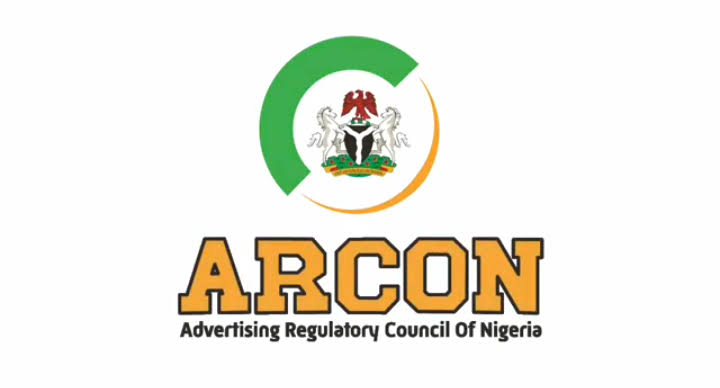Global Comparison With UAE’s Media Law Shows Nigeria’s ARCON Act As Progressive


A new independent cross-jurisdictional analysis has positioned Nigeria’s Advertising Regulatory Council of Nigeria (ARCON) Act 2022 as a forward-looking piece of legislation when set against other global benchmarks, particularly against the United Arab Emirates’ Federal Decree by Law No. 55 of 2023 on Media Regulation.
The comparative analysis which challenges perceptions that Nigeria’s framework is excessively restrictive, has elicited varied reactions from different industry stakeholders. Nigeria’s ARCON Act, enacted in 2022, replaced the outdated Advertising Practitioners Act of 2004. Section 2(1) of the Act sets out its objectives: to create a regulatory framework for advertising and marketing communications, and to ensure all advertising in Nigeria is “legal, decent, honest, truthful, respectful, and mindful of the Nigerian culture, constitutional tenets and relevant lawful enactments.”
Similarly, the UAE’s 2023 Federal Decree recognizes the need for modern oversight. Article 3 of the law aims to “regulate all media activities in the State of all types and forms” and to “develop a modern media legislative and investment environment that keeps pace with global changes in the media sector.”
On jurisdiction, Section 1(2)(d) of the ARCON Act grants the Council “exclusive power” to monitor and enforce compliance in all matters relating to advertising in Nigeria. Article 2 of the UAE law is comparably broad, covering “all persons, media establishments and institutions, media outlets and media free zones” engaged in media activities. Analysts note that such breadth shows ARCON is aligned with international practice, rather than overreaching.
In terms of professional regulation, ARCON introduces a structured membership system under Sections 21 to 25, ranging from student to fellow status, with academic and practice requirements for progression. Section 25(2) specifies that associate members must hold a degree or diploma in relevant fields and be “of good character,” while Section 25(3) requires at least five years of practice for full membership. By contrast, Articles 4 and 5 of the UAE law set basic criteria such as legal capacity, good reputation, and approvals from authorities. Experts say ARCON’s approach offers clearer career development pathways for practitioners.
On penalties, the analysis reveals that section 32 of the ARCON Act prescribes fines of up to ₦500,000 for individuals and ₦1 million for organisations, doubling on repeat violations. In contrast, Article 23 of the UAE law imposes fines between AED 1,000 and AED 1,000,000 ($270 to $270,000), with repeat offenses rising to AED 2,000,000 ($540,000). Section 57(4) of the ARCON Act further guarantees that all parties receive a fair hearing before penalties are imposed. Observers note that these provisions make ARCON’s enforcement regime more moderate than that of the UAE.
The analysis also reveals that both jurisdictions are big on cultural and religious sensitivity. Section 2(1)(b) of ARCON stresses that advertising must respect Nigeria’s different cultures and religious values. Article 17 of the UAE law similarly calls for respect for “the cultural and civilisational heritage and national identity of the State.” Nigeria’s principles-based approach has proven adaptable in practice, guiding ARCON’s interventions in controversial campaigns including Sterling Bank’s “Agege Bread” Easter ad and FIRS ‘debt not tax’ ad, among others.
Governance also reflects different philosophies. Section 3(2) of the ARCON Act provides for representation from key industry groups including AAAN, ADVAN, and MIPAN, a provision that ensures stakeholder input in regulatory decisions. The UAE’s structure is more centralized, with oversight concentrated in the national media council.
Analysts conclude that criticisms of ARCON’s framework may be overstated when viewed in the light of international benchmarks. Section 8(j) of the Act, which mandates the preservation of Nigerian local content and promotion of indigenous skills, has been criticized as protectionist, but is increasingly recognized as a strategic provision to grow domestic capacity in a globalised industry.


